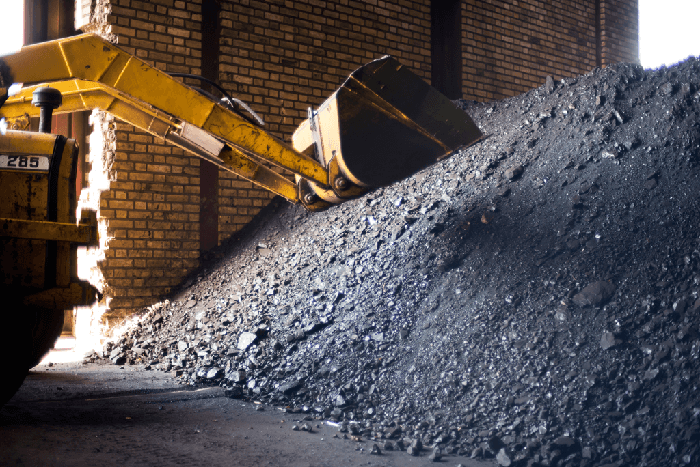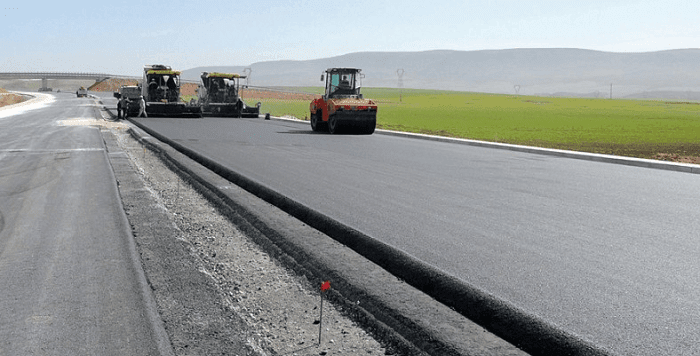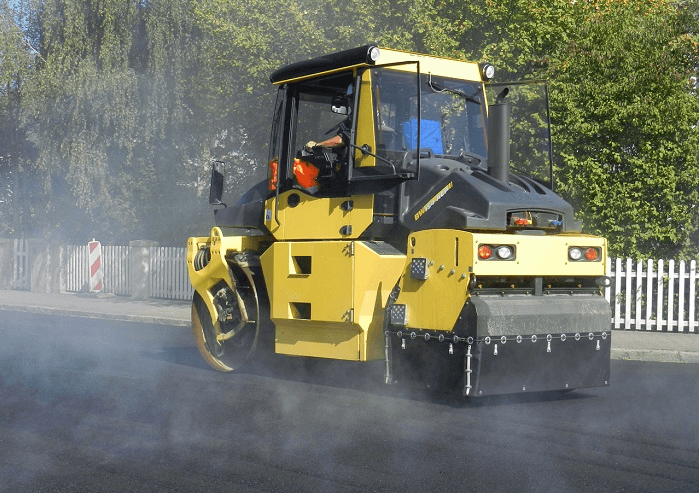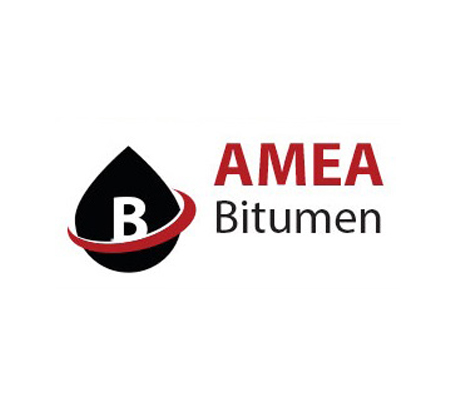Today, almost all paved roads and streets in the United States, nearly two million miles, are paved using asphalt. Most types today are made of crude oil. After separating and processing all the valuable chemicals from the oil, the waste turns into the paving material by asphalt manufacturer.
Artificial asphalt is made from a combination of hydrogen and carbon with a fraction of nitrogen, sulfur, and oxygen in manufacturing factories. Natural asphalts also contain mineral deposits. This material is recyclable and is the most recycled construction material. This hard and sticky compound is used in construction, roofing, and even large spaces such as airports.
The first use of asphalt products for driveway construction occurred in 1824 when blocks were laid on the Champs Elysees in Paris. The new roads were the work of Belgian immigrant Eduardo Schmidt at Columbia University in New York City. In 1872, he designed a new, well-grained two-layer pavement with maximum density, first used in New York City.
The facilities that prepare the mixture for hot coating are called asphalt plants. The goal of a hot asphalt manufacturer is to combine aggregates and adhesives at high temperatures to produce a uniform mixture. The aggregates used can be of one type (for example, broken or semi-broken materials) or a combination of coarse and fine-grained aggregates with or without filler.
Asphalt Manufacturers’ Factories
The three main types of hot asphalt manufacturing plants that are most popular are:
- Batch (intermittent) plants
- Mixing cylinder with parallel flow
- Mixing cylinder with upstream flow
All three types of these plants have the same output, and the product is completely the same regardless of the production method. The difference lies in the performance and flow of materials. Asphalt is a combination of sand with coating and adhesive materials (bitumen) and filler between sand (filler = smaller than sand) produced by different types of factories with a certain amount and composition.

Advantages of Asphalt
Asphalt paving is one of the most important steps in surfacing, especially on roads. Various scientific studies have examined the benefits of using Gilsonite in Asphalt Manufactur. A study conducted by the Premium Pavement Center at the School of Civil and Environmental Engineering in Nevada in 2015 showed that the use of bitumen in asphalt pavement greatly increases its durability and lifespan. This effect is due to the use of modified natural binders in Gilsonite. Naturally, the results of this study can be effective in reducing the costs of road maintenance for manufacturers.
The advantages of asphalt include:
- Tensile Strength: Natural asphalt can significantly increase tensile strength in wet and normal environments.
- Compressive Strength: The presence of modified binders improves the compressive strength of the pavement.
- Grooving Resistance: Modified binders prevent grooving. Research shows that adding bitumen can increase the life of asphalt by up to ten times.
- Fatigue Resistance: The normal life of pavement can be increased from 1.5 to 5 times with natural Gilsonite modified binders.
Asphalt Manufacturing Products
Applications of asphalt products include:
- Reviving worn layers and weathered surfaces with protective layers.
- Providing a waterproof layer that prevents moisture from penetrating underlying layers.
- Slowing down the growth of structural and thermal cracks in old pavements.
- Modifying smooth and slippery surfaces with appropriate friction materials.
For surface asphalts, the sub-surface must be structurally sound with a strong and suitable bed. From bitumen-based asphalts, liners, and surfaces prepared in the factory, at least 2 samples should be taken daily, or one sample for every 350 tons of asphalt from the truck carrying the product. These samples are tested to ensure granulation, bitumen percentage, strength, voids, specific gravity, and voids filled with bitumen are within specific ranges. If the results are out of range four consecutive times, operations should be stopped and resumed after troubleshooting.

Asphalt Manufactur Exporters
There are many asphalt manufacture exporters around the world, with importers in around 51 countries. Manufacturers produce a huge amount of products for importing countries. In the last year, exporters sold 1,709,298 tons of asphalt products. The main exporters and manufacturers include China, United States, Russia, India, South Korea, Iran, Canada, Germany, Turkey, Singapore, Japan, Saudi Arabia, Italy, Spain, and Brazil.
Manufacturers should consider environmental issues. Fueling one thousand liters of furnace oil in industrial processes releases about 50 kg of pollutants, including sulfur oxides, nitrogen oxides, suspended particles, carbon monoxide, aldehydes, and unburned hydrocarbons into the air.
Asia Gilsonite is one of the largest asphalt manufacturers and exporters in the world. Asia Gilsonite exports, manufactures, and wholesales Natural Bitumen, Gilsonite asphaltum, Gilsonite powder, natural asphalt, and natural bitumen for bulk buyers.




